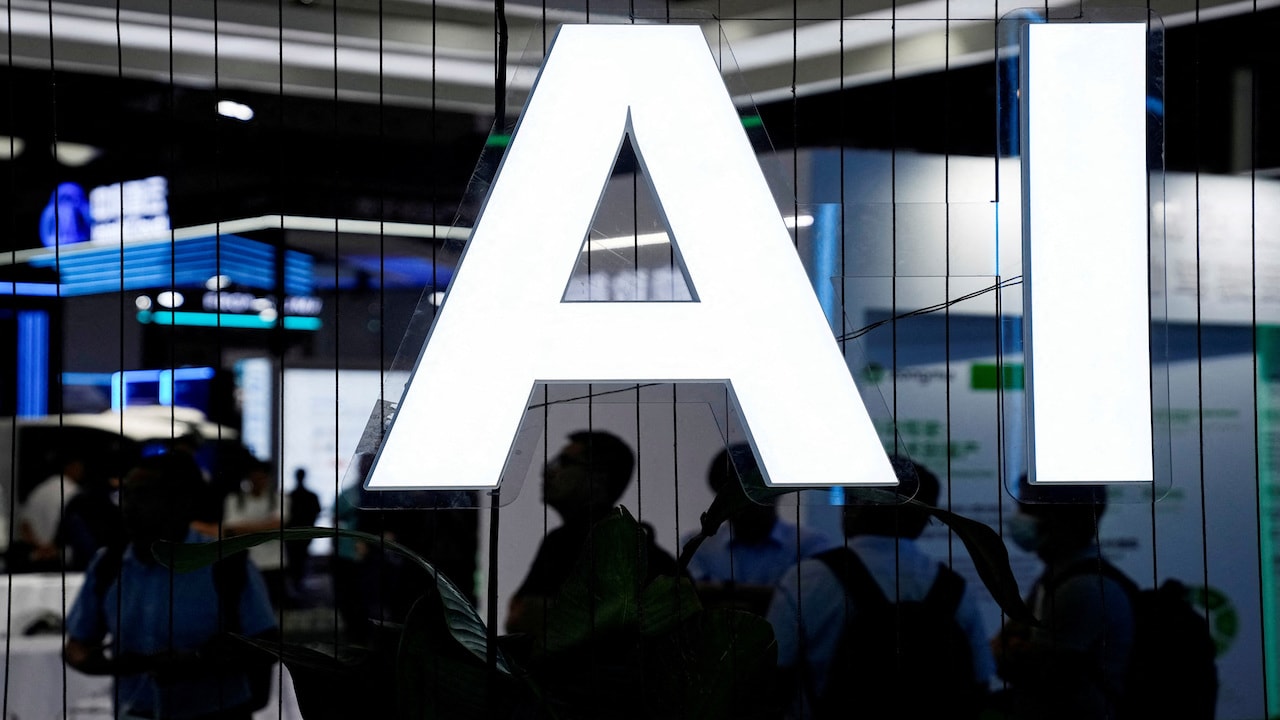
| Company | Value | Change | %Change |
|---|
The government of India has approved ₹990 crore for setting up three AI CoEs in healthcare, agriculture, and sustainable cities. These CoEs, to be developed over five years (FY 2023-24 to FY 2027-28), will involve collaborations between academic institutions, industry, and startups, aligning with the government’s vision of Make AI in India and Make AI work for India.
What are AI Zones?
AI zones are specialised ecosystems where stakeholders from academia, industry, and government converge to foster collaboration and innovation in artificial intelligence. These zones are equipped with state-of-the-art infrastructure, including advanced computational resources, large-scale datasets, and experimental labs and sandboxes, which create the ideal environment for research, development, and deployment of AI solutions.
Also Read: India’s Gen AI Revolution: A $1.5 trillion opportunity by 2030
By centralising resources and expertise, these zones act as accelerators for AI innovation. They provide an agile framework for developing prototypes, testing new algorithms, and refining AI systems, significantly reducing time-to-market for groundbreaking technologies.
AI Zones Catalyse ‘Sovereign AI’
Nations are strategically developing their AI infrastructure to maintain technological sovereignty and attract talent. Sovereign AI integrates both physical and data infrastructures for a nation, focusing on developing foundation models – such as large language models (LLMs) – tailored to local dialects, cultures, and practices.
By leveraging locally sourced datasets, these models promote inclusivity and cultural preservation. For instance, speech AI can help revitalise indigenous languages, enabling AI access and inclusivity to many. It will also enable personalisation at scale for companies and enable them to access untapped markets.
Italy, Sweden, and the UAE are advancing AI leadership with specialised centers, upgraded supercomputing, and national AI models like Falcon, to drive innovation and government applications.
Driving Innovation and Collaboration
One of the hallmarks of AI zones is their focus on interdisciplinary collaboration. By bringing together diverse perspectives — data scientists, policymakers, industry leaders, and domain experts — these zones foster creativity and drive innovation. This collaboration is critical in addressing complex challenges, from climate change and healthcare to urban planning and AI security.
AI zones often serve as incubators for start-ups and innovation clusters, enabling small and medium enterprises (SMEs) to leverage resources that would otherwise be inaccessible. By acting as knowledge-sharing platforms, they facilitate the dissemination of best practices, ethical standards, and governance frameworks, ensuring that AI solutions are not only advanced but also responsible.
Building a Skilled Workforce
AI zones emphasise capacity building through dedicated training programs and partnerships with educational institutions. These initiatives equip professionals with the skills needed to navigate the rapidly evolving AI landscape, nurturing a new generation of experts and leaders. From boot camps and certifications to advanced research fellowships, these programs address the growing demand for AI talent across sectors.
Ethical Framework and Governance
As centers of excellence, AI zones play a crucial role in establishing and maintaining ethical guidelines for AI development. They serve as proving grounds for responsible AI practices, where teams can:
-
- Evaluate AI risk management frameworks and standards
- Assess privacy implications and data protection measures
- Develop technical guardrails
- Create governance structures for AI deployment
- Facilitate dialogue and consensus building in responsible AI policies
The Road Ahead
AI zones are more than just innovation hubs; they are catalysts for change, driving sustainable growth, competitive advantage, and global leadership in AI. By integrating cutting-edge technology with ethical foresight, these centers of excellence are shaping the future of AI, enabling its transformative potential to solve humanity’s most pressing challenges.
—The author, Balakrishna D. R. (Bali), is Executive Vice President, Global Services Head, AI and Industry Verticals, at Infosys. The views are personal.
